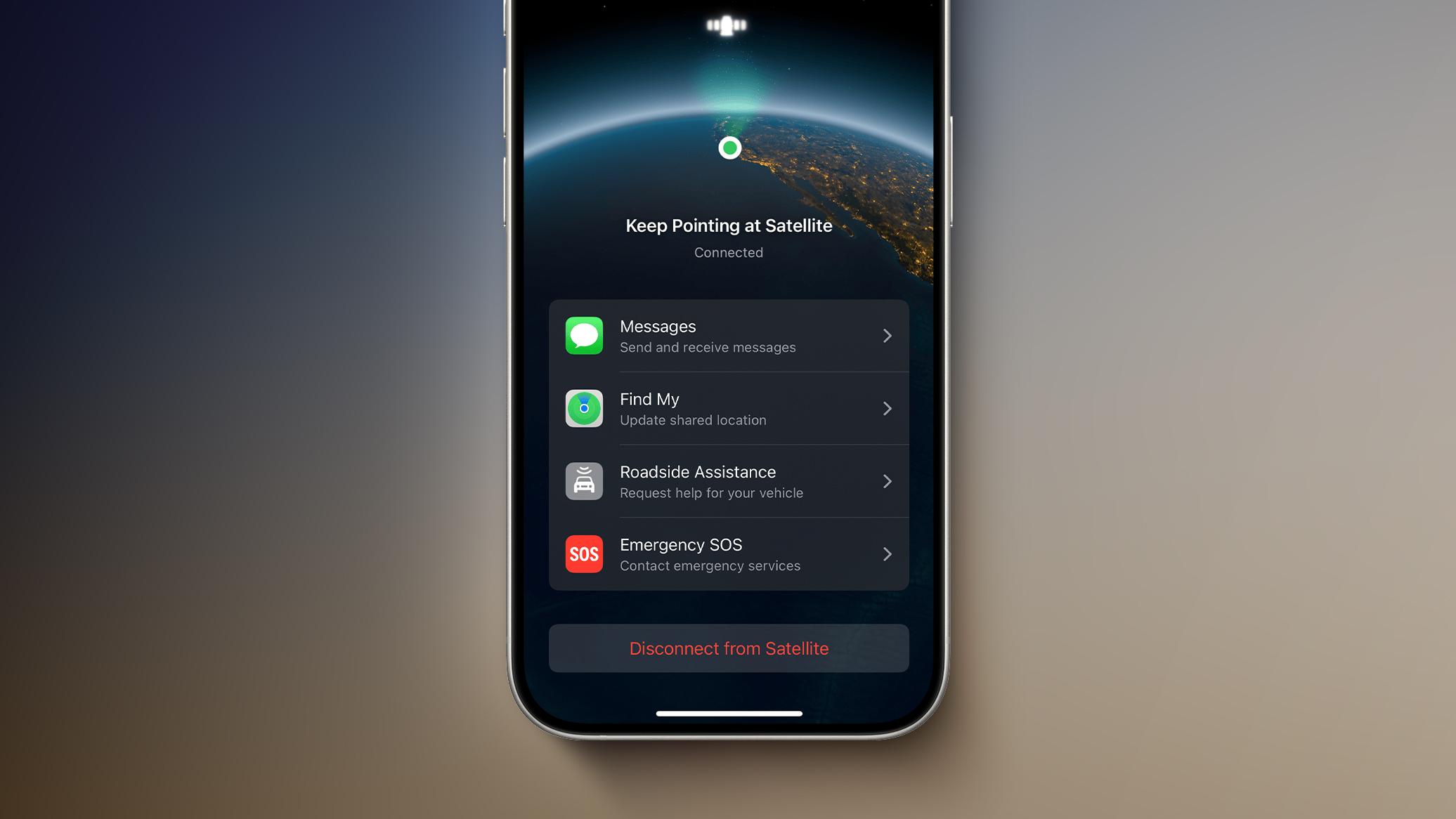
Today marks two years since Apple made its Emergency SOS via satellite feature available on all iPhone 14 models in the U.S. and Canada. Apple has since expanded its suite of satellite-based features, and they all remain free to use for now.

Below, we recap the rollout of Apple's satellite features and what's next.
- November 2022: Apple launches Emergency SOS via satellite in the U.S. and Canada, allowing you to contact emergency services via SMS in most locations without cellular and Wi-Fi coverage. You can also share your location in the Find My app via satellite connection. The feature is available on all iPhone 14 models and newer. When the feature first launched, Apple said it would be free for two years after the activation of any iPhone 14, but the free period was later extended by one year.
- December 2022: The feature expands to the U.K., France, Germany, and Ireland.
- March 2023: The feature expands to Austria, Belgium, Italy, Luxembourg, the Netherlands, and Portugal.
- May 2023: The feature expands to Australia and New Zealand.
- September 2023: The feature expands to Spain and Switzerland.
- September 2023: Apple launches Roadside Assistance via satellite in the U.S., allowing you to contact roadside assistance provider AAA via SMS in most locations without cellular and Wi-Fi coverage, in the event you get a flat tire, run out of gas, or have other car troubles. The feature is available on all iPhone 14 models and newer. This feature is also free for two years after device activation.
- November 2023: Apple makes Emergency SOS via satellite free for an additional year for users who had already activated an iPhone 14, meaning the feature can be used for free until at least November 2025.
- December 2023: Verizon becomes a Roadside Assistance via satellite partner.
- July 2024: Emergency SOS via satellite expands to Japan.
- September 2024: Apple launches Messages via satellite in the U.S. and Canada, allowing you to send and receive text messages over iMessage and SMS in non-emergency situations outside of cellular and Wi-Fi coverage. Like the other satellite features, it has an initial two-year free usage period.
- October 2024: Roadside Assistance via satellite expands to the U.K. with Green Flag.
- November 2024: Apple commits around $1.5 billion to its satellite partner Globalstar to fund the expansion of iPhone satellite services.
With funding from Apple, Globalstar plans to launch a new satellite constellation and expand its ground infrastructure, which could result in faster connection times and the expansion of iPhone satellite features to additional countries.
Article Link: iPhone's Satellite Feature Launched Two Years Ago Today, Remains Free


